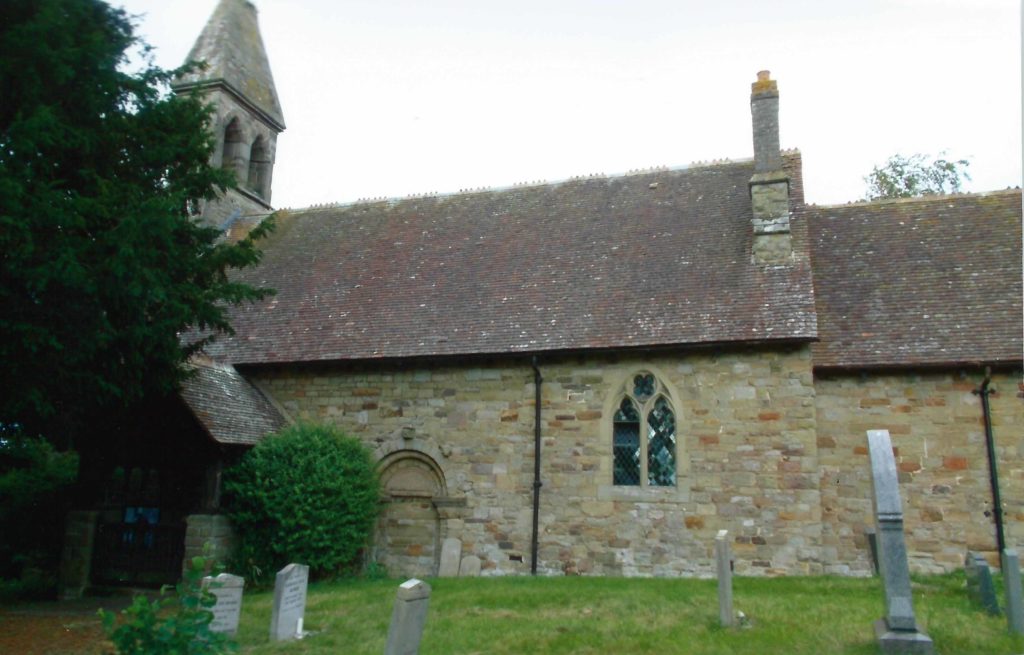
For many reasons, Easter is often a time of year when we might be expected to be joyful, whether this is based on Christian conviction or the coming of Spring. It is not always easy to be joyful. This passage is taken from a recent article in the Church Times by Ayla Lepine, associate rector of St James, Piccadilly; I found it helpful.
Joy is very different from happiness. Tiffany Watt Smith describes joy as a “refusal to sit quietly within the bounds of the ordinary and understood”. Joy can be a form of resistance, too, defiance in the face of suffering. A young poet recently described joy in an exhibition at the Wellcome Collection in London, which was part of her project “Joy is a Protest”. These are her words:
It slips into the places we least expect it
It squeezes itself into cracks and small places
The sound of joy beats to the rhythm of your pulse
It is in your blood
It has written its name on your DNA
Joy is your birth right.
May we all experience joy, our birth right, this Easter.








